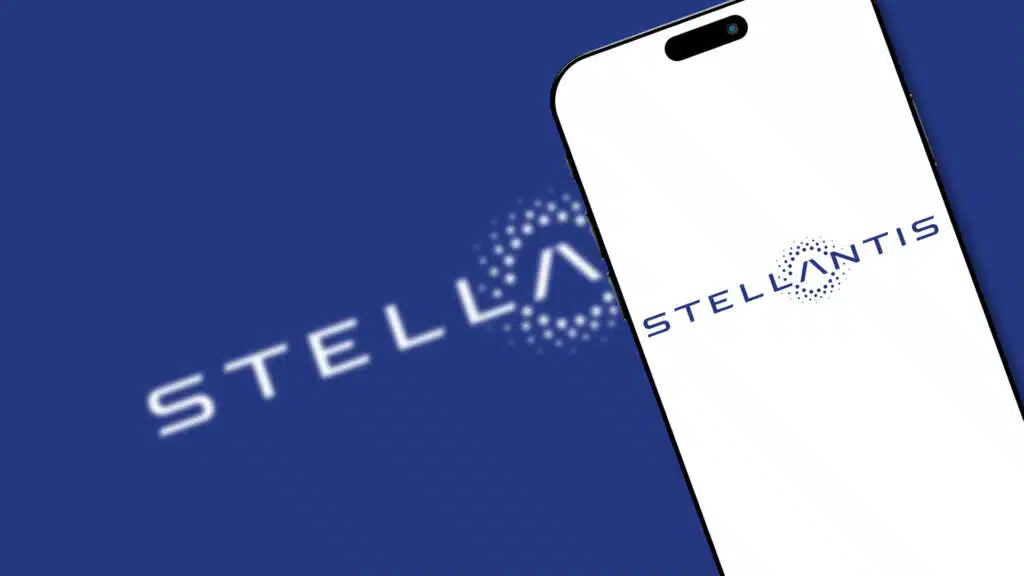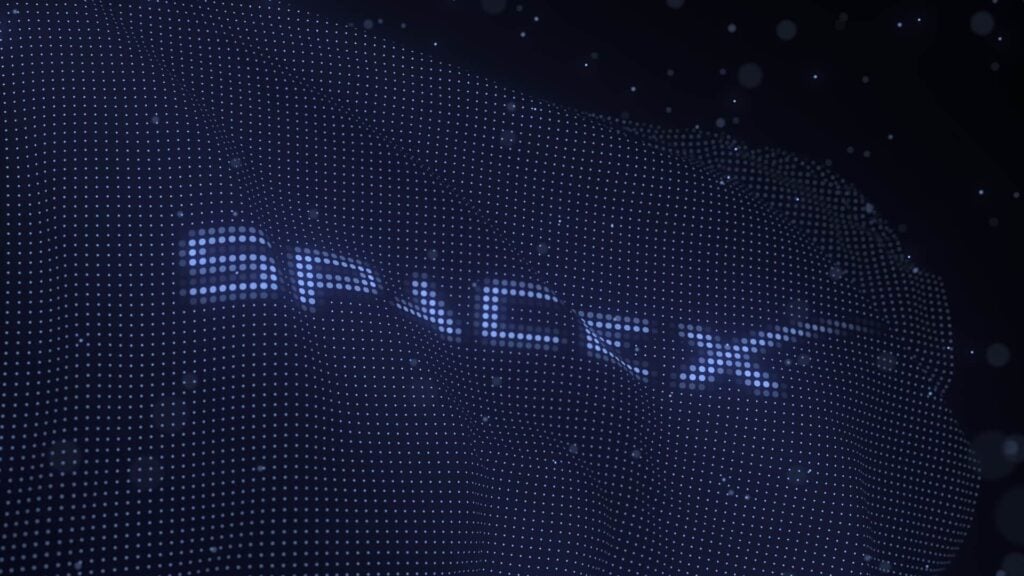The News: Google recently announced ChromeOS Flex, which is a free and easily downloadable cloud-first operating system aimed at consumers and organizations that want to extend the life of their personal computers and ultimately reducing e-waste. ChromeOS Flex is easy-to-manage and can run on much older PCs with Windows and MACs (with x86 processor). Read Google’s blog post for more details.
Google Launches ChromeOS Flex Aimed at Sustainability and Offering More Affordable Consumer Solutions
Analyst Take: I see Google’s launch of its ChromeOS Flex initiative as an excellent move for a number of reasons. Typically, the PC replacement cycle is roughly three to five years, depending on the needs of the consumer or organization. In one vein, an organization may choose to elongate the lifespan of a PC by having its IT staff upgrade components such as memory or the hard drive, while others may choose to completely sunset their older fleet, if they are deemed to impede productivity and/or do not meet the basic minimum requirements (e.g., for a future operating system release).
In the consumer or the small-office-home-office (SOHO) segments, many have limited budgets — like nonprofits, for instance, and they might have durable income and tend to buy refurbished or secondhand products that are typically one to two generations behind the latest and greatest products. The refurbished PC market is a large and is typically a sought-after item on notable Internet reseller sites such as Amazon.
That’s where Google’s ChromeOS Flex comes in. It’s a free operating system that allows consumers and organizations to delay the PC upgrade cycle by breathing new life into systems which are often slated for e-waste. Google ChromeOS Flex not only is designed to save the environment, it also allows companies to reallocate needed capital for projects that can help the organizations digitally transform themselves in other ways — such as upgrading network connectivity or adding all flash arrays to improve back-ups and SQL queries for the business intelligence team. In addition, this also creates more opportunities for retailers, system builders, or refurbished resellers additional opportunities to sell into sub-verticals that are on tighter budgets.
What I like about Google ChromeOS Flex is its free. Customers can download it like the way they would Ubuntu. Google ChromeOS Flex will run on most pre-existing hardware, regardless whether it’s Windows or MAC. This in contrast to Chrome OS, which runs on specific hardware such as Chromebooks that typically resonate in the K12, SOHO and non-profit markets. Google has certified more than 300 devices with minimum requirements for ChromeOS Flex and Google is expected to certify more devices in the future.
I am excited by this and think this offering from Google is going to resonate with consumers, organizations, and partners in myriad scenarios. For many years, brick-and-mortar retailers have looked at providing more affordable solutions and bundles to address the needs of SOHO market which include many categories of open-source applications such as relational databases, analytics, brainstorming and more. To me, this should be a sweet spot for ChromeOS Flex.
Similarly, many resellers I’ve encountered over the last 20 years will touch vertical and sub-vertical markets with different budget types and brand preferences. To add more color, many partners will typically have like vendors on their vendor portfolios, since not every client can afford a premium brand versus one that is more affordable that does the same thing. In addition, an organization may be more comfortable with a certain vendor due to its IT support staff being trained on that vendor. In essence, the partner will mix and match products depending on the budget of their client or vendor preference. It makes sense that some partners may choose to sell ChromeOS Flex into some markets that have budgetary concerns, while they might get the up and cross-sell in other areas such as network upgrade or higher-margin IT services. I see much opportunity here.
Google ChromeOS Flex is not only an environmentally sound offering, it will provide more affordable solutions to consumers and organizations in the future. In addition, it allows Google another entry point into the commercial market in the future ,especially in markets where budgets are under greater scrutiny such as the SOHO, public sector and non-profit markets. I’m optimistic about Google ChromeOS Flex and will be loading it on one my older PCs this weekend to test it out.
Disclosure: Futurum Research is a research and advisory firm that engages or has engaged in research, analysis, and advisory services with many technology companies, including those mentioned in this article. The author does not hold any equity positions with any company mentioned in this article.
Analysis and opinions expressed herein are specific to the analyst individually and data and other information that might have been provided for validation, not those of Futurum Research as a whole.






